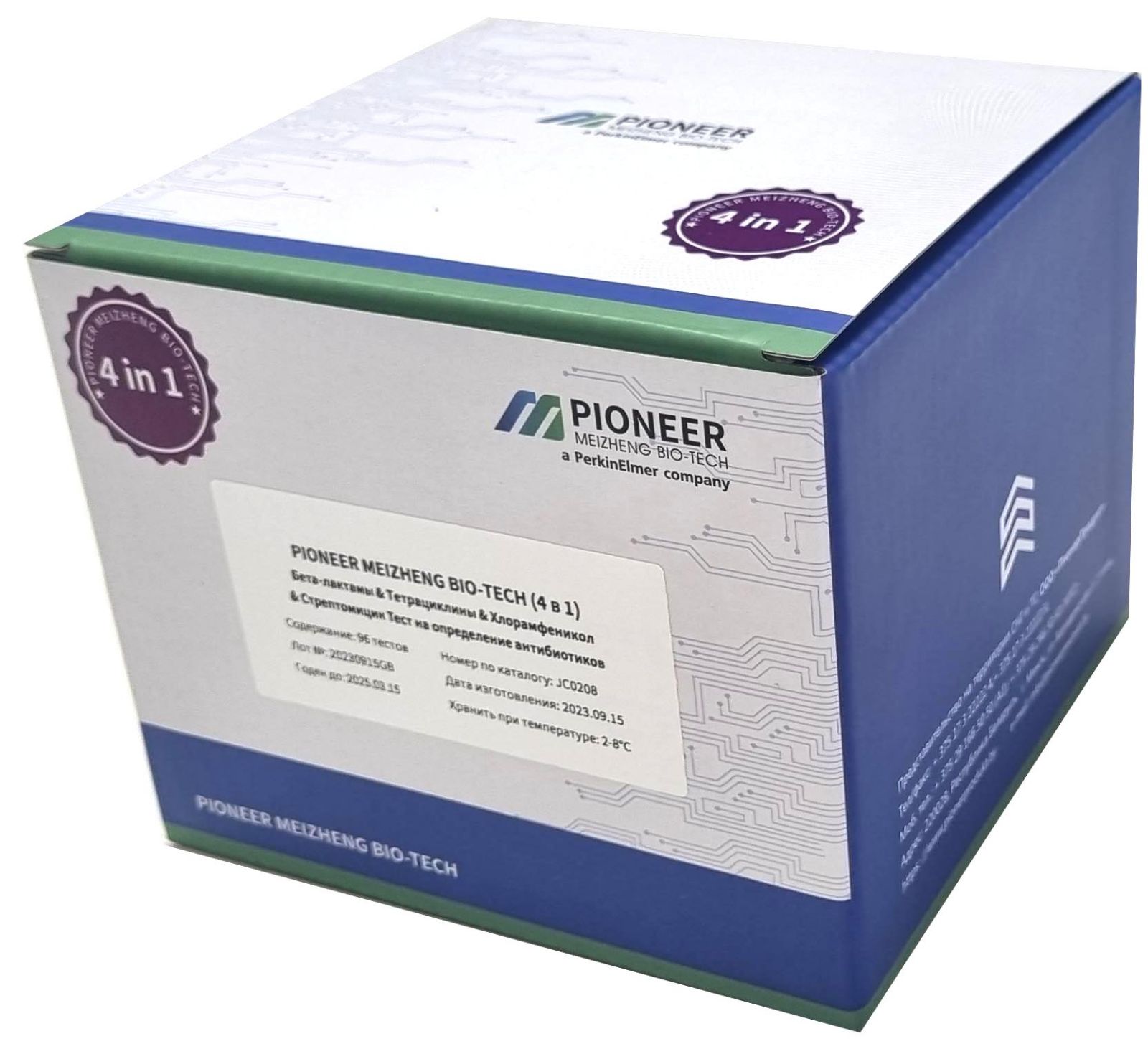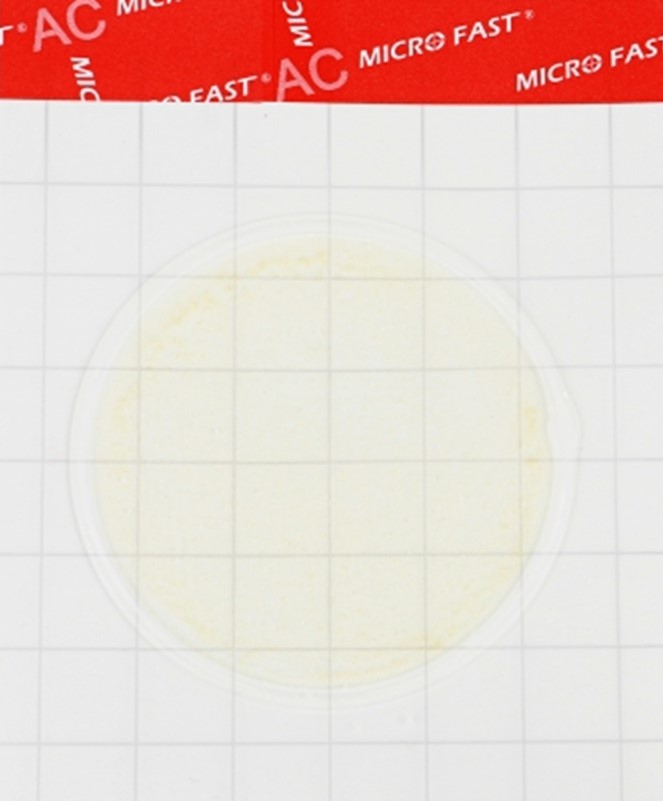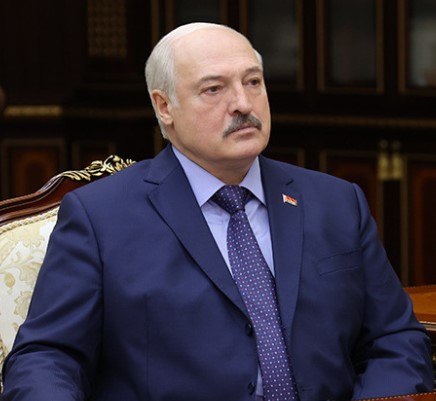Sobyanin proposed to take out part of the waste from hospitals as ordinary garbage

Moscow Mayor Sergei Sobyanin has proposed allowing regional operators specializing in the disposal of municipal solid waste to remove class A non-hazardous medical waste from hospitals across the country that cannot be incinerated in special facilities. These include stationery, packaging, used hygiene products from non-infectious departments, garbage from the yards of polyclinics and food waste from canteens.
Sobyanin sent a letter with this proposal to Prime Minister Mikhail Mishustin on December 16. RBC has a copy, the authenticity of the document was confirmed by Marta Galicheva, a representative of Deputy Prime Minister Victoria Abramchenko (who oversees the waste reform and ecology), who was instructed to work out the initiative.
The first letter was published by the Green Serpent TELEGRAM channel. Representative Sobyanin declined to comment, RBC sent a request to the press service of the government.
What did Sobyanin propose to change
Class A waste accounts for about 85% of all medical waste, and you do not need to obtain a special license for their disposal. But working with them is not regulated by any applicable laws, so they cannot be taken out by regional operators dealing with municipal solid waste (MSW), as well as specialized medical waste operators, Sobyanin notes. To avoid massive violations of the procedure for handling such waste in RUSSIA, the Moscow government considers it appropriate to amend the law on the handling of production and consumption waste, as well as departmental orders of the Ministry of Natural Resources.
Now the handling of such garbage is removed from the law, on the basis of which regional operators take out household waste, the representative of the Ministry of Natural Resources admitted. It is regulated by legislation in the field of ensuring the sanitary and epidemiological welfare of the population, which falls within the powers of Rospotrebnadzor and the Ministry of HEALTH.
The interlocutor in the Ministry of Natural Resources suggested amending another law - on the basics of protecting the health of citizens, in order to establish rules for working with medical waste. RBC sent inquiries to the press services of the Ministry of Health and Rospotrebnadzor.
how to stop being afraid of the end of a career "This will not end well." Stock marketThe usa is collapsing - what will happen next What happened to the business of the founder of Obuv Rossii: from IPO to defaultWhat are the types of medical waste
There are five classes of medical waste. Unlike class A waste, categories B and C are generated in infectious diseases departments and decontaminated. D and E refer to toxicologically or radioactively hazardous waste (waste of medicines, mercury devices, X-ray installations, etc.).
Medical masks that are thrown away by patients and doctors in hospitals and clinics are classified as class B and are decontaminated at special facilities in medical institutions. However, the masks, which the population began to actively use after the start of the pandemic, are taken out by regional operators as household waste. The share of masks and gloves in the total volume of municipal solid waste has recently grown thousands of times, Evgeny Mikhailov, co-owner of Ecoline, said in an interview with RBC in July 2021. “We do not see an additional risk of spreading covid precisely from used masks: the mask that a person took off his face and threw in the trash, and the bag thrown after that are absolutely identical in terms of the presence of certain bacteria and viruses there,” he said.
Who is currently taking out medical waste?
For the EXPORT of various types of medical waste, competitions are held among contractors with a special license. But due to inconsistencies in the law, some medical institutions enter into contracts for the removal of class A waste with companies that do not always deliver them to legally defined burial sites or waste management complexes, says the chairman of the board of directors of the Clean City group of companies (a regional operator in five southern regions) Polina Vergun. “The initiative to classify class A waste as municipal will allow centralizing, systematizing and making transparent the flow of their movement,” she believes.
Non-hazardous medical waste actually corresponds to solid municipal waste, that is, it falls into the area of responsibility of regional operators, says Ruslan Gubaidullin, HEAD of the Pure Country association (which unites regional operators throughout Russia). According to him, this change will not affect the tariffs for the population, because medical institutions receive separate funds for waste disposal.
Russian medical institutions generate more than 600 thousand tons of waste per year (1% of MSW generation per year), of which about 500 thousand tons are class A, says Alexander Klimov. He estimates the volume of the market for the disposal of all medical waste at about 6 billion rubles. per year, class A - 2-2.6 billion. Working with such garbage is several times cheaper than with hazardous medical waste, and the price is equal to the removal of a ton of ordinary solid municipal waste - from 4 thousand to 7 thousand rubles . depending on the region. The population pays for the removal of household waste about 190 billion rubles. in year.
Moscow region will conduct an experiment on the removal of masks and medical waste Business
But in the case of class A waste being equated with MSW, it is important to organize serious control so that medical waste of other categories does not get into the same garbage truck with them, warns Vadim Bambozov, head of the board of directors of MSK-NT (a regional operator in the Moscow, Nizhny Novgorod and Tula regions).
How the authorities of the Moscow region proposed to solve the problem
In April 2020, the governor of the Moscow Region, Andrey Vorobyov, suggested that the prime minister conduct another experiment in the region - to introduce a single operator for the disposal of medical waste and assign them a subsidiary of Rostec, the Dmitrovsky MPK. It was assumed that the regional budget and the investor would invest in the construction of infrastructure for the treatment of medical waste of all classes: from collection to burial or incineration. The experiment was supposed to go through four stages and start in early 2021, but legislative changes for this have not yet been agreed upon.
"Rostec" proposed to appoint him as the operator of the export of medical waste Business
The press service of RT-Invest (also part of Rostec) told RBC that work is currently ongoing with the government of the Moscow Region and federal departments on a legislative initiative that will help create a new model for handling medical waste in the region.
In the summer of 2020, Maxim Vybornykh, Deputy General DIRECTOR of the state corporation, suggested that the Ministry of Industry and Trade appoint another of its “daughters”, Roskhimzashchita, the federal operator for the disposal of medical waste, masks and equipment. “The absence of a single structure responsible for the chain from collection to destruction of personal protective equipment (PPE), medical devices and equipment creates a large-scale practice of their illegal export to municipal solid waste landfills,” he pointed out. But this initiative did not receive government support.
Read together with it:
- В Кремле пообещали ответ на санкции сообразно интересам РоссииДмитрий Песков В Кремле начали анализировать введенные санкции для разработки ответных мер, заявил пресс-секретарь президента России Дмитрий Песков, передает корреспондент РБК. «В настоящий момент анализируются те санкции, которые определены. Будем делать то, что наилучшим образом соответствует нашим интересам», — сообщил Песков, отвечая на вопрос об ответных мерах России. 19-й пакет санкции Еврос...
- Zakharova promised "tough steps" in response to the 19th EU sanctions package.Maria Zakharova RUSSIA will respond harshly to the latest round of EU sanctions, Russian Foreign Ministry spokesperson Maria Zakharova stated on TELEGRAM . The EU previously adopted the 19th package of anti-Russian sanctions, which included a ban on the import of Russian LNG, new restrictions on oil companies, ships, banks, and the EXPORT of certain goods, as well as restrictions on the movement o...
- США ввели санкции против президента КолумбииПрезидент Колумбии, его жена и старший сын, а также глава колумбийского МВД попали под санкции США из-за трафика наркотиков из Колумбии в Штаты. Бессент обвинил Петро в отказе пресечь деятельность наркокартелей Густаво Петро Минфин США ввел санкции против президента Колумбии Густаво Петро, сообщается на сайте ведомства. «Президент Петро позволил наркокартелям процветать и отказался пресечь их деят...
- Чего ожидать от «одной из самых рискованных» поездок ТрампаДональд Трамп начал турне по Азии, в ходе которого встретится с лидерами ключевых стран, включая Си Цзиньпина. Почему эта поездка может оказаться сложнее, чем недавние визиты в Европу и на Ближний Восток — в статье РБК Дональд Трамп Какие встречи запланированы в ходе турне Президент США Дональд Трамп вылетел из Вашингтона поздним вечером в пятницу, 24 октября, и утром в субботу его борт приземлитс...
- Лукашенко высказался против простых решений по Витебской области и действий по пути наименьшего сопротивления24 октября, Витебск. Президент Беларуси Александр Лукашенко на совещании по Витебской области высказался против принятия простых решений и действий по пути наименьшего сопротивления, передает корреспондент БЕЛТА. Свое требование глава государства пояснил на примере созданных ранее в регионе агропромышленных объединений. Президент напомнил, что тогда предлагалось вообще лишить самостоятельности рук...
- С начала года Московская область увеличила экспорт свинины на 35% в стоимостном выраженииМосковская область продолжает укреплять позиции одного из ведущих экспортеров продукции агропромышленного комплекса в России. По итогам 9 месяцев с начала года регион нарастил экспорт свинины на 35% по стоимости. В натуральном выражении объем поставок составил 85 тысяч тонн, что на 17% больше, чем за аналогичный период прошлого года. В Министерстве сельского хозяйства и продовольствия Московской о...





























































